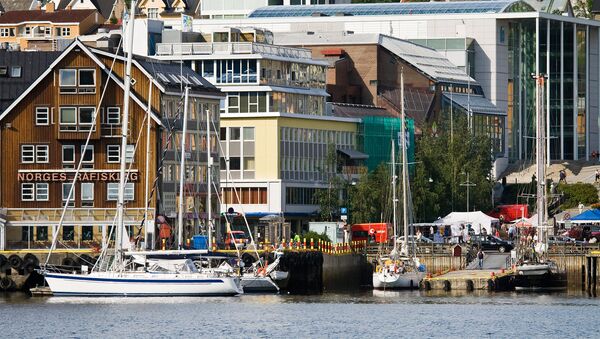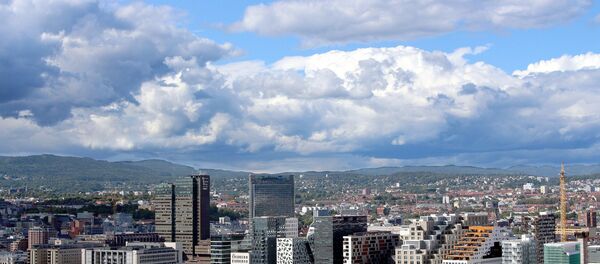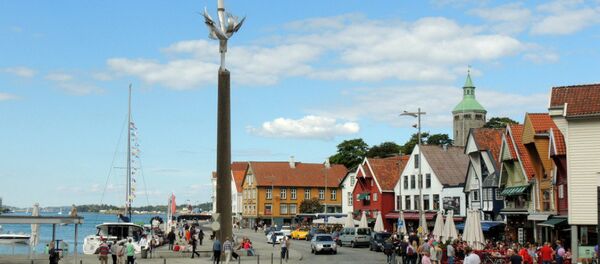In Norway's 1994 referendum, northern Norway voted 71.4 percent against EU membership (as opposed to the nationwide result of 52.2 percent against and 47.8 percent for the membership) and has remained loyal to its ideals ever since.
"I am against the EU. The way it has become, with so much bureaucracy, I don't think that would be right for us. It's time to give things a second though," Bodø resident Jan Møller told NRK.
"We have so many advantages here in the north, particularly with regard to fishing, that we would be better off taking advantage of them independently," Ingebrigtsen said, citing the importance of being able to make one's own decision.
For Ivar Kristiansen of the Confederation of Norwegian Enterprise (NHO) in the province of Nordland, the result of the poll was no shock. Like many other major entrepreneurs, the former MP believes northern Norway and the country in general sustained significant losses from its refusal to accept the EU.
"Remaining outside the EU implies that the region has not had the production growth and the population growth we could have had. We are also missing out a tremendous growth creation because the fishing industry remains on the outside. Now we are marginalized," Kristiansen said.
"Economically, we have managed to get by because of oil and gas. We have been able to stay outside. But our welfare is not a given. Europe is a safe haven in uncertain times like this," Kristiansen said, alluding to the oil crisis that upset Norway's economy.
Remarkably, this trend is mirrored in Norway's neighbor country Sweden, where negative attitudes towards the EU reach their peak in the sparsely populated northern region of Norrland. In Sweden, over 60 percent of northerners are still against the EU, which clearly contradicts Stockholmers' wishes, Svenska Dagbladet reported earlier this year.
Wanna go? 😊 Midnight sun in Bodø © Sophia Wedege #Norway #travel #summer @Visitbodo @Northern_Norway @VisitNorway pic.twitter.com/vvQU0JZnzR
— Elusive Moose (@elusive_moose) June 19, 2016





